Can unbuilding highways undo the legacy of racism?
Roads were built through Black and Latino neighborhoods. A new federal program may reverse those efforts.

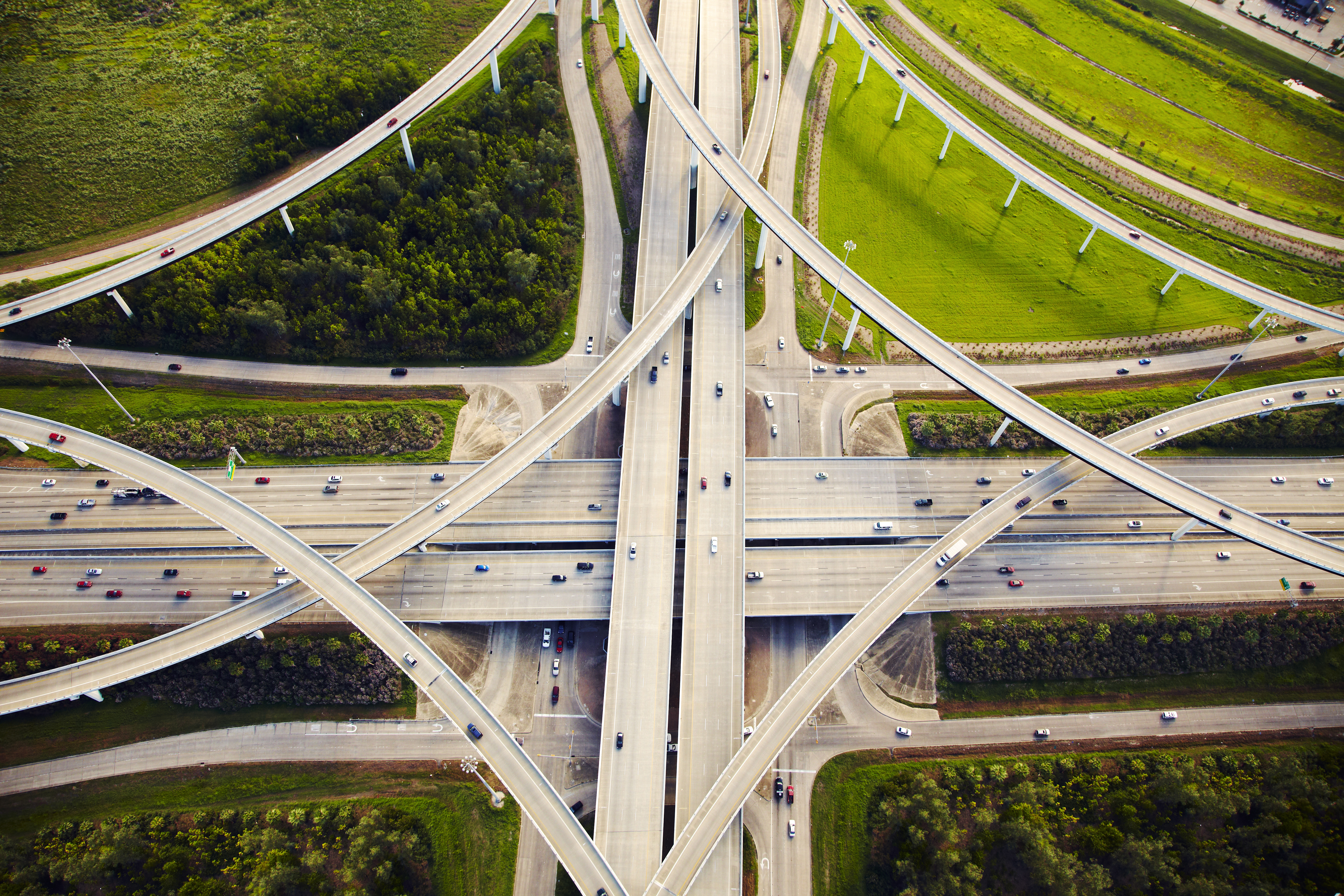
A free daily email with the biggest news stories of the day – and the best features from TheWeek.com
You are now subscribed
Your newsletter sign-up was successful
America's interstate highway system is one of the country's greatest infrastructure achievements, but it also inflicted great harm on minority communities. Now the Biden Administration is attempting to undo some of that damage, Axios reports. The "Reconnecting Communities Pilot Program" — part of the 2021 bipartisan infrastructure law — will shower millions of dollars on cities for projects that reconnect cities divided by multilane highways that run through their hearts. One example: Buffalo is getting $55 million to build a cap over the top of a six-lane road that "segregated Black residents from the rest of the city" during the 1960s. How did highways hurt minority communities? And will the new law help? Here's everything you need to know:
How did highway construction damage cities?
The interstate system — largely built between the 1950s and 1970s — helped move Americans in large numbers and at high speeds, but its creation required a lot of destruction. History.com reports that "more than 475,000 households and more than a million people were displaced nationwide" due to federal highway construction. "Hulking highways cut through neighborhoods, darkened and disrupted the pedestrian landscape, worsened air quality, and torpedoed property values."
How did it affect minority communities?
That damage was largely inflicted in Black and Latino neighborhoods. That wasn't an accident. At Yale Law Journal, Sarah Schindler writes that the "placement of highways so as to intentionally displace poor black neighborhoods" was commonplace in places like New York, Miami, Omaha, Oakland, and many other American cities. "Although this work was undertaken in order to make places more accessible to cars," she adds, "it was also done with an eye towards eliminating alleged slums and blight in city centers."
The Week
Escape your echo chamber. Get the facts behind the news, plus analysis from multiple perspectives.

Sign up for The Week's Free Newsletters
From our morning news briefing to a weekly Good News Newsletter, get the best of The Week delivered directly to your inbox.
From our morning news briefing to a weekly Good News Newsletter, get the best of The Week delivered directly to your inbox.
Knocking down poor neighborhoods to make room for commuter highways was inherently racist, the Los Angeles Times adds: "Highway builders often defended taking property in Black neighborhoods by arguing the land was cheapest there — a fact that relied on government-backed mortgage redlining policies that discouraged investment in Black areas." Sometimes the harmful intent was more overt, Reuters reports. In Montgomery, Alabama, the state routed Interstate 85 "through a neighborhood where many Black civil rights leaders lived, rather than choosing an alternate route on vacant land."
That was decades ago. What can be done now?
One answer: Take out the highways. At The Conversation, urban planning scholars Joan Fitzgerald and Julian Agyeman make the case that removing highways "can improve neighborhoods blighted by decades of racist policies." Thanks partly to nearby highways, "low-income and minority neighborhoods in many U.S. cities have much higher levels of fine particulate air pollution than adjoining areas" taking a toll on residential health — and property values — while isolating them from the larger communities. The modern highway-removal movement may have gotten a boost in Rochester, New York, the New York Times reports, where officials in 2013 procured an $18 million federal grant to take out a section of freeway — replaced with a "narrower boulevard" and new developments. The result, Fitzgerald and Agyeman say, has benefitted formerly struggling neighborhoods: Residents are walking and biking more, businesses and housing are being built, and more than $200 million in economic development has resulted.
What does the Biden administration policy do?
The idea, the U.S. Department of Transportation says, is to put neighborhoods "back together by removing, retrofitting, or mitigating transportation barriers such as highways and railroad tracks." At the end of February, the department awarded the first round of grants under the new "Reconnecting Communities Pilot Program" — $185 million for 45 projects. In addition to Buffalo's effort to cover the Kensington Expressway and reconnect a Black neighborhood to the larger community, the grants include $2 million to Baltimore redevelop the "Highway to Nowhere," a road "that forced the displacement of over 1,000 residents in a predominantly Black community when it was built decades ago," the Baltimore Banner reports. Another $1 million went to Wichita to develop new connections for Black and Latino neighborhoods cut off from the larger community by railroad tracks that produce lengthy waits for drivers — as long as 90 minutes — by an average of 75 trains per day.
What's next?
Now officials want to see if these projects actually work. Governing.com notes that the program is smaller than its advocates hoped — $1 billion overall, instead of $20 billion — and notes that highway removal is "a tricky business, a costly and time-consuming physical feat." And The Guardian notes that "experts and advocates question whether the initial investment is enough to reverse the devastation in Black neighborhoods in the name of connection." There is a lot of damage to be undone, after all. "It's only right that the federal government seeks to correct the mistake that it made decades ago," says Amy Stelly of the Claiborne Avenue Alliance in New Orleans. "So I applaud them for doing it. But we have to follow through."
A free daily email with the biggest news stories of the day – and the best features from TheWeek.com
Joel Mathis is a writer with 30 years of newspaper and online journalism experience. His work also regularly appears in National Geographic and The Kansas City Star. His awards include best online commentary at the Online News Association and (twice) at the City and Regional Magazine Association.
-
 How the FCC’s ‘equal time’ rule works
How the FCC’s ‘equal time’ rule worksIn the Spotlight The law is at the heart of the Colbert-CBS conflict
-
 What is the endgame in the DHS shutdown?
What is the endgame in the DHS shutdown?Today’s Big Question Democrats want to rein in ICE’s immigration crackdown
-
 ‘Poor time management isn’t just an inconvenience’
‘Poor time management isn’t just an inconvenience’Instant Opinion Opinion, comment and editorials of the day
-
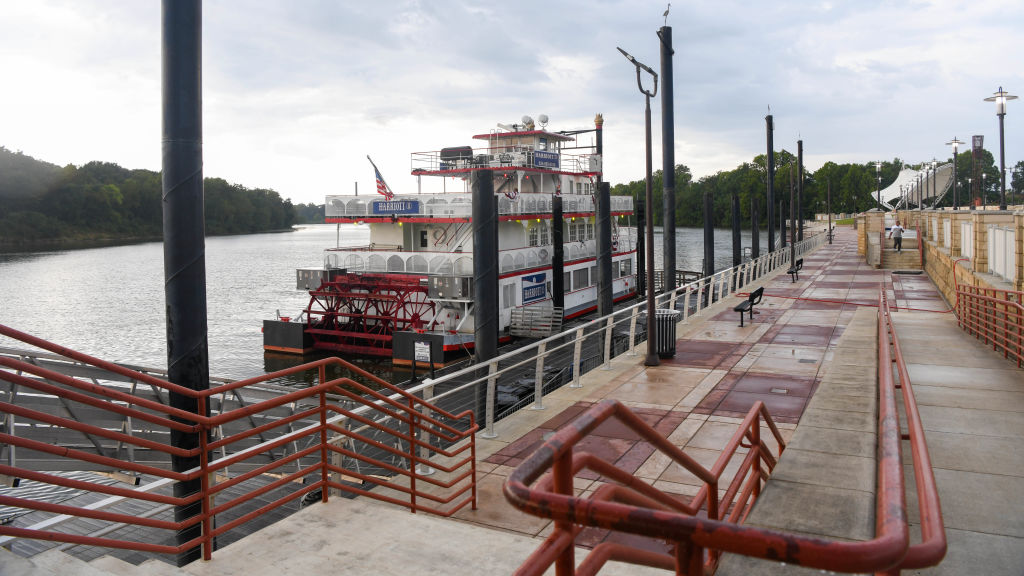 How an Alabama brawl became a watershed moment for race in America
How an Alabama brawl became a watershed moment for race in AmericaTalking Point "No people are obligated to endure violence without defending themselves or being defended"
-
 Is the 'vibecession' over?
Is the 'vibecession' over?Speed Read The IMF reported that the global economy is looking increasingly resilient. Is it time to start celebrating?
-
 The U.S. veterinarian shortage crisis
The U.S. veterinarian shortage crisisSpeed Read With an anticipated shortage of 15,000 vets by 2030, it will be harder to get care for pets
-
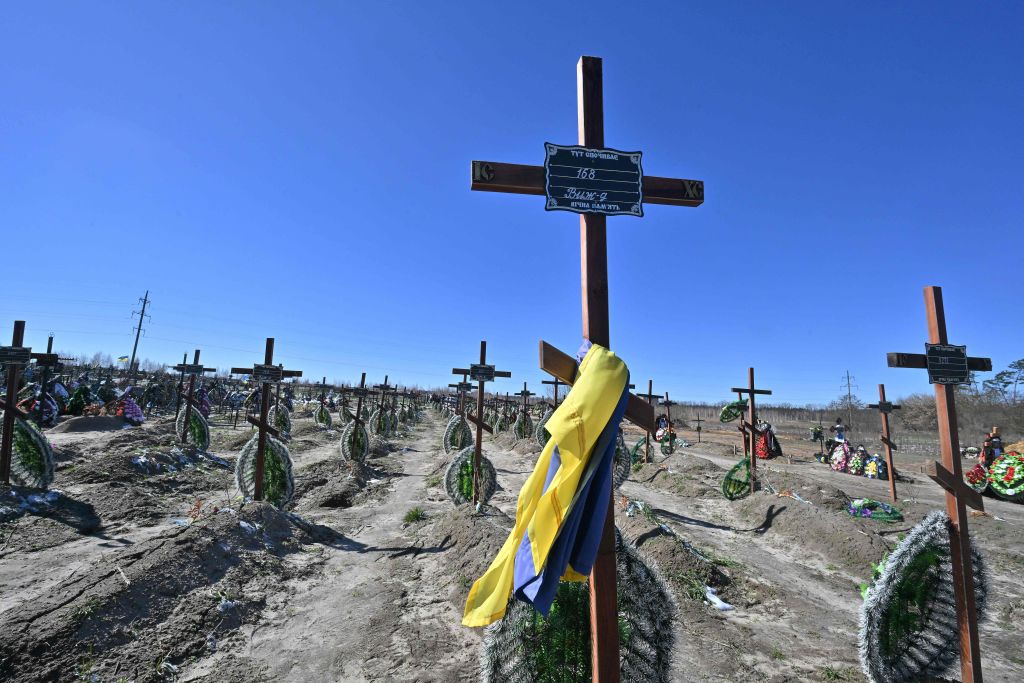 Inside Russia's war crimes
Inside Russia's war crimesSpeed Read Occupying forces in Ukraine are accused of horrific atrocities. Can they be held accountable?
-
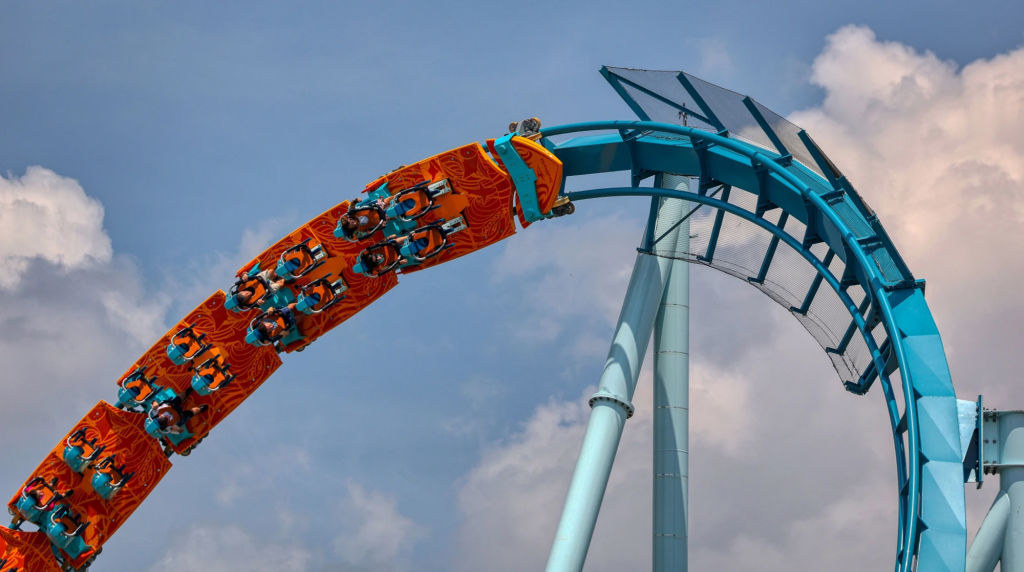 Is it safe to ride a roller coaster?
Is it safe to ride a roller coaster?The Explainer A pair of startling events have shined a light on amusement park safety
-
 World leaders who have been charged or imprisoned
World leaders who have been charged or imprisonedThe Explainer Heads of state being put behind bars is not a rare occurrence
-
 The China-Cuba connection, explained
The China-Cuba connection, explainedSpeed Read Reports of an eavesdropping deal roil Washington
-
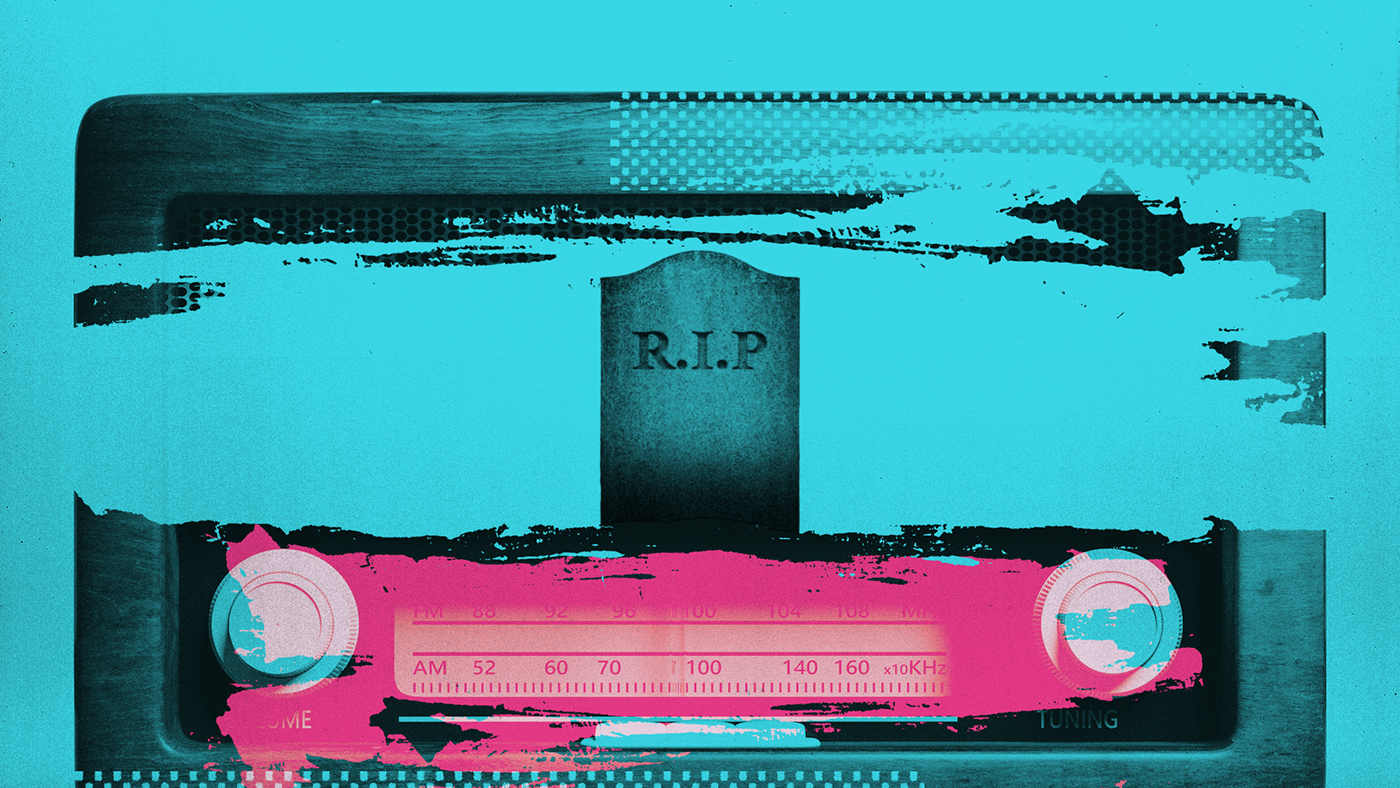 The future of AM radio in the US
The future of AM radio in the USSpeed Read Automakers that have removed AM radios from new electric vehicles are facing pushback from broadcasters and politicians
